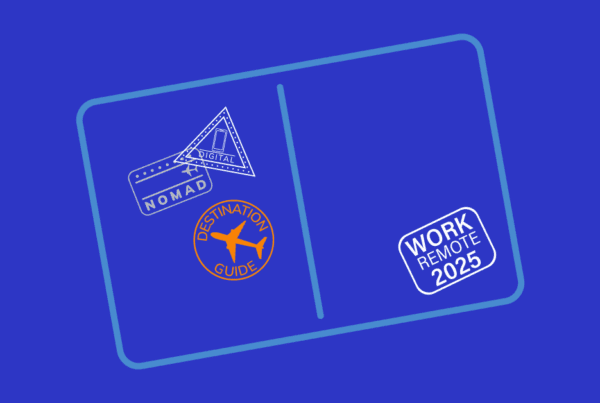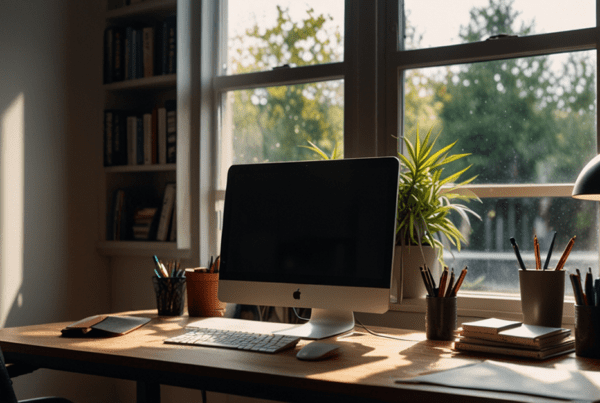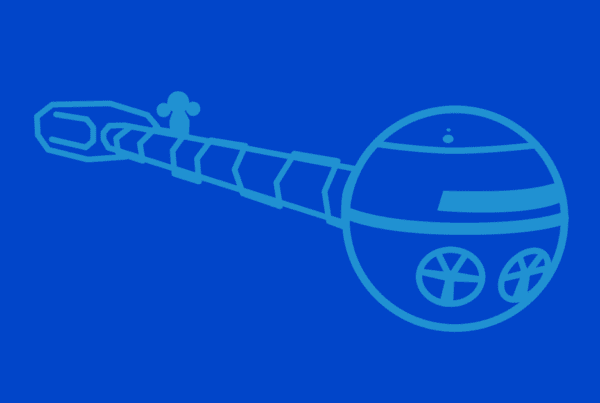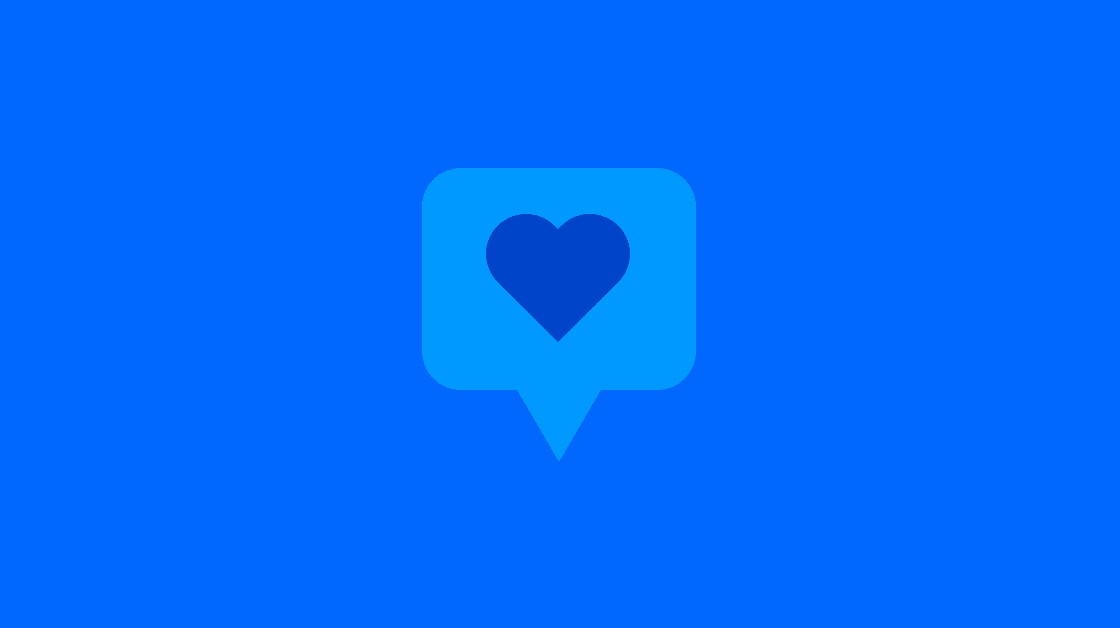
Regardless of risk, social media is here to stay.

The audience is too large to leave untapped—3.5 billion people use social media worldwide, and the average person spends three hours a day using at least one social media platform.
If you use social media in your career, it can be difficult to navigate the tenuous balance between professional and personal social media use. And, yes, the categories often overlap. You don’t need to feel ashamed if you’re unsure where the boundaries lie. Below, we’ll discuss the balancing act that is the dichotomy between personal and professional social media.
Advantages and disadvantages of personal and professional social media.
With all of the risk, you may be asking yourself “Why bother? Businesses got by just fine without it in the past.” Except that’s not an option in 2020. At this point, your customers expect to reach you via the web. Fifty-four percent of social media users use it to research products they are considering purchasing. If you’re not on social media, your brand still has a social presence (such as users who post about you), you just have less control.
However, some of the invaluable advantages of social platforms include:
- The ability to quickly inform your audience of new information, daily deals, changes in policy, and more.
- It’s a visible demonstration that your company is on the forefront of technology and trends alike.
- It provides a venue for online chats with your clients about business-related topics.
- It can serve as a bulletin or news report for company information.
- Development and maintenance of personal relationships, especially in the time of Coronavirus when in-person socializing is limited.
- Easy access to communication with anyone in your social network.
- The ability to build new connections within your existing social circles.
- Keeping up with news, releases, and special offers from your favorite brands and artists.
- Connecting with your favorite authors, musicians, and others on a personal level.
- Damage to your professional relationships: Making a personal connection on social media can cause your clients to begin to see you as a friend and personal connection rather than a business connection. As we’ll touch on further down the list, this simple change in viewpoint can damage your credibility, cause conflict, or lead to inappropriate relationships.
- Your customers can decide they don’t like you: Not everyone has the personality or demeanor for public-facing positions. You may make serious posts about politics or current events that would be inappropriate or divisive in the workplace. To the customer who just friended you on Facebook, though—you’re still on the clock and they’re judging every personal choice as if it represents your business.
- Sexual harassment isn’t uncommon: In 2015, Cosmopolitan asked women to identify those responsible for sexually harassing them on the job. While 75 percent said they were harassed by male colleagues, a whopping 49 percent of women were harassed by male customers. Opening your personal social media to a customer allows them access to personal data (such as where you live, work, etc). This is all information no customer needs to know, and all the more reason to draw a firm barrier between work and personal social media.
- Damage to your credibility: People share things on personal social media much more casually than they would on professional social media. Not everyone fact-checks the stories they post, or the memes they share. Posting incorrect or damaging information on your personal page can damage your credibility.
FlexTal is the #1 flexible talent matching platform. Every day, we match organizations with pro-level independent contractors for flexible hourly and project-based engagements. Match with the Right Pro, Right Now.
